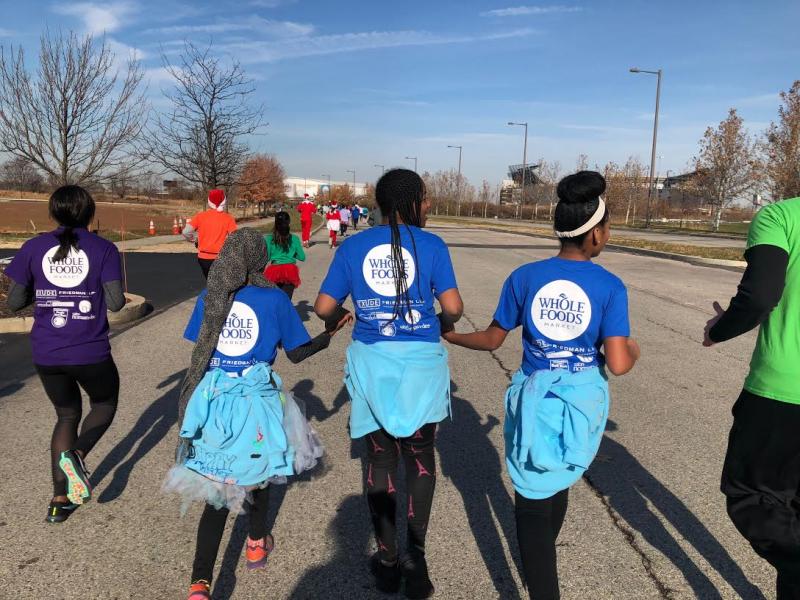Lub-dub. Lub-dub. These are the sounds every doctor listens to as they place their stethoscope on a patient’s chest. The doctor listens for any abnormal sounds, and goes through a series of checkpoints on a history and physical exam to see if further testing is needed. But they also listen to more. They listen to a social history. They listen to stories to paint a picture of the entire patient, and create a treatment plan best suited for each individual.
In my mind becoming a physician goes beyond learning the intricacies of human anatomy and biochemistry. It requires a holistic perspective of the patient, compassion, advocacy, inquiry, a willingness to share knowledge, and above all else, a commitment to service. This year in National Health Corps, I’m gaining that perspective on the front lines of medicine in Philadelphia.
I like stories. They connect us as people. A few months ago I had a patient pick up her medications and she appeared distressed. I asked if everything was alright. The look of exhaustion on her face answered my question. She proceeded to tell me of the struggles she faced over the last year. She’s a single mother, caring for two daughters and an elderly mother. Early in 2017 she was diagnosed with MS. In October, her house burnt down. In November, her daughter broke her leg. She’s carting around her girls, one of whom is on crutches and needs surgery, from hotel to hotel, all on the opposite side of town from her work and the daughters’ school. She then said, “I shouldn’t be complaining. I’m lucky. Some have it much worse.” I was shocked that through the physical and emotional turmoil she had endured, she remained humble. All I could do was listen and offer a few words of gentle comfort. Her resilience, and that of many of my other patients, truly inspires me.
While serving with AmeriCorps, I have embraced the “year of service” outside of my host site through coaching an after-school running program called Girls on the Run at Beckett Life Center in North Philadelphia. This has given me a greater perspective of the community I serve as many of the girls live in the same neighborhoods as my patients. I witness the results of poverty as I hear the girls’ stories, see their food insecurity, and observe attention-seeking behaviors.
But, nevertheless, they persist. Through the struggles they experience at home, they show up to practice with smiles beaming on their faces, and a willingness to learn the day’s lessons. My girls are champions. At the beginning of last season, most of them could maybe manage running half a mile. Through hard work and perseverance, their endurance improved and in December at the Jingle Bell 5K Run, I saw each and every one of them cross the finish line. As a coach, mentor, and friend to my girls, I felt an overwhelming sense of pride for their accomplishment.
The awareness I’m gaining this year with NHC is beyond the scope of the signature lub-dub sound a heart makes. It’s beyond the scope of the physical body, and beyond that of an individual. It’s beyond one health center, one neighborhood, and even beyond the city of Philadelphia. I’m developing an understanding of the cultures, groups of people, and barriers to care among populations living in poverty. I’ll be forever grateful for the experiences and cultural sensitivity I’m building through service. I know I’ll be a better healthcare provider for it, and hopefully with these skills I’ll be able to empower my patients to be the champion of their diseases, just as my girls are champions every day in practice.

